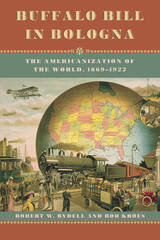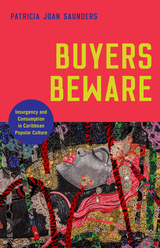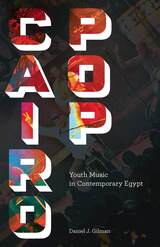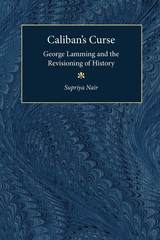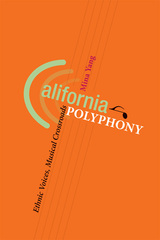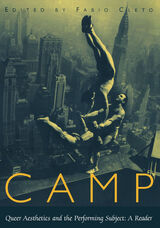Cloth: 978-0-674-30700-1
When, at the end of the First World War, Marshal Ferdinand Foch, soldier and popular hero, assumed the role of self-appointed peacemaker, he proved himself a source of embarrassment and irritation. Challenging Georges Clemenceau's right to negotiate the peace settlement, Foch attempted to arrange a peace which, according to him, would provide France with security, but which, according to his civilian superior, would have lost France's urgently needed allies.
French internal conflict in civil-military relations during the Versailles Peace Conference was thus primarily between Clemenceau and Foch, both inspired by the most patriotic of motives.
Foch versus Clemenceau gives a vivid account of the diplomatic maneuvers among France, its allies, and Germany during the period of the Conference. It sketches the Rhineland separatist movement in 1919--with Dorten's abortive, even amusing putsch, the Palatine-Rhineland Rebellion--as incidental background to the momentous struggle between Foch and his field commanders on the one hand and the President of the Council, Clemenceau, on the other over their differing conceptions of a realizable peace which could guarantee France's security.
See other books on: 1918 - 1919 | Europe | France | History
See other titles from Harvard University Press

